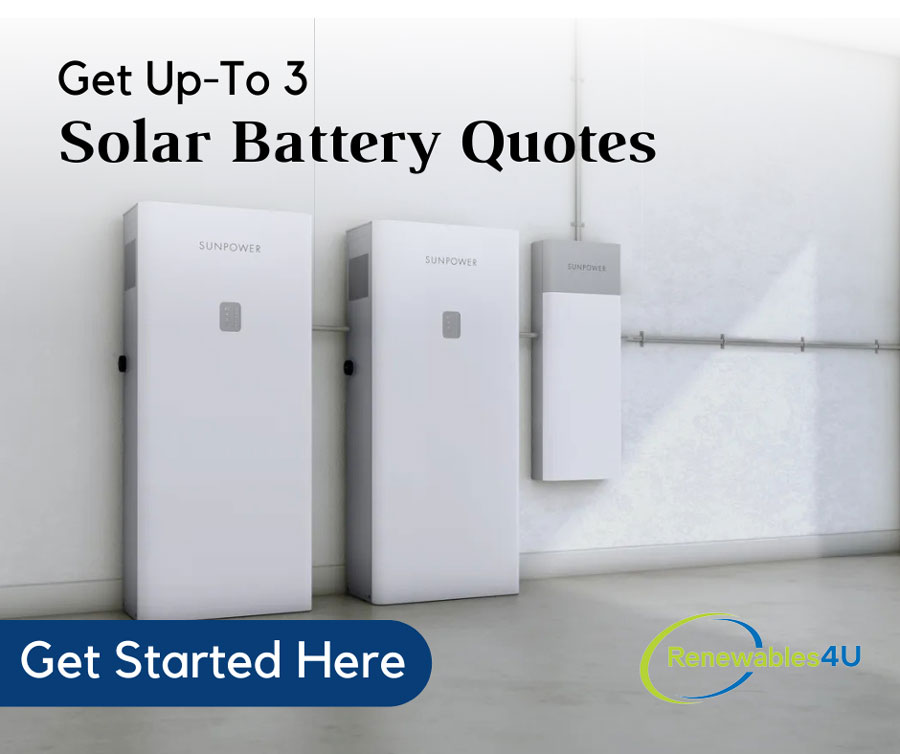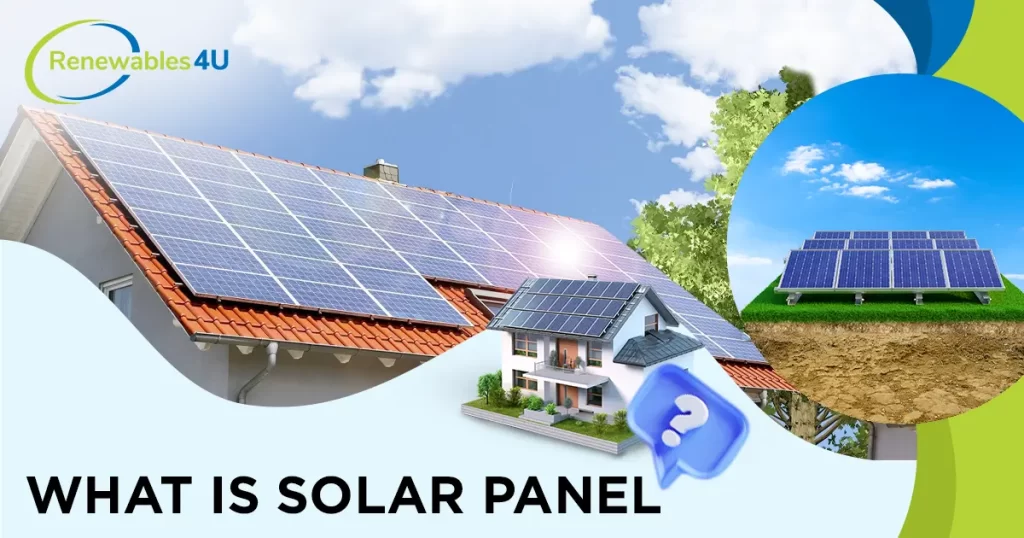
A solar panel is a device that turns sunlight into electricity. It does this magic through something called photovoltaic (PV) cells.
When sunlight hits these cells, they start moving electrons around. This movement creates what we call direct current (DC) electricity.
In simpler terms, these panels capture sunlight and convert it into power. And then we can use this power to run all sorts of things, from small gadgets to entire homes.
These panels go by several names – you might hear them called solar cell panels, solar electric panels, or just PV modules.
Because it harnesses energy from the sun, solar panels provide a clean, renewable way to power various devices and applications.
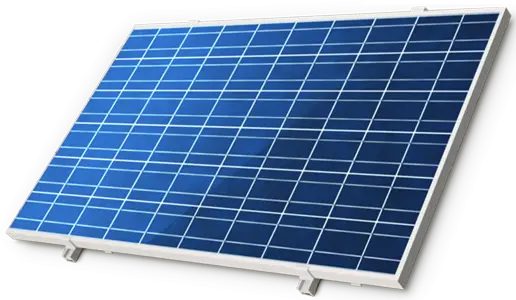
How Does a Solar Panel Work?
Solar panels work by turning sunlight into electricity. Here’s how:
- Catching Sunlight. Each solar panel contains cells made from materials like silicon. These materials have a special property: when sunlight (which is made of tiny energy packets called photons) hits them, they release electrons.
- Creating Electricity. The release of electrons creates an electric charge. This charge forms what we call direct current (DC) electricity.
- Transferring Electricity. The solar cells are connected within the panel and to other panels (forming a solar array). This connection allows the electric charge to flow, creating a usable amount of energy.
However, our homes need alternating current (AC) electricity to power our appliances. A device called an inverter converts the DC electricity captured by solar panels into AC electricity.
Remember, the more sunlight the panels catch, the more electricity they can produce. This is why solar panels are such a popular choice for generating clean energy.
How Much Electricity Does Solar Panel Generate?
The power generated by a solar panel can vary, but here’s a simple breakdown under optimal conditions.
A solar panel typically generates around 300 to 370 watts of power each hour. This means, in a day, such a panel can produce about 1.2 to 1.48 kilowatt-hours (kWh) of energy.
On average, an Australian home uses about 18 kilowatt-hours (kWh) per day. Therefore, to install enough solar panels to cover the average home’s electricity usage, you would need about 14 solar panels. Each with a capacity of 1kW, to produce approximately 18kWh of electricity per day.
However, several factors influence these numbers. It includes the solar panel’s size, efficiency, how much sunlight it gets, local weather conditions, the angle and placement of the panel, and other environmental factors.
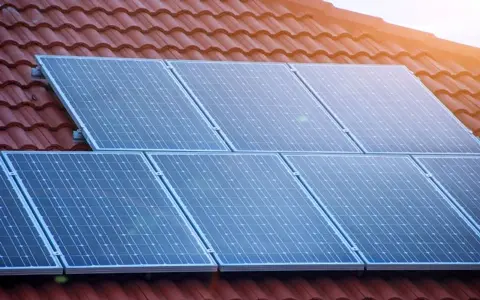
Solar Panel Types
There are several types of solar panels, each with unique features and benefits.
1. Monocrystalline
These panels are made from single-crystal silicon, making them highly efficient and space-saving. They typically appear dark black and are known for their high performance.
However, their production involves a high amount of silicon wastage, which makes them more expensive. Despite this, they’re a popular choice for their longevity and efficiency.
2. Polycrystalline
Made from multiple silicon crystals, these panels are more affordable and environmentally friendly due to less waste during production.
They’re slightly less efficient than monocrystalline panels and have a blue, speckled look.
Though they perform worse in high temperatures, they offer a balanced option between cost and efficiency.
3. PERC (Passivated Emitter and Rear Cell)
This is an advanced type of monocrystalline panel. PERC technology adds a layer to the back of the cells to capture reflected light, increasing efficiency.
They’re better at managing heat and can perform more effectively in a variety of conditions, including low-light environments.
4. Thin Film
These panels are made by layering photovoltaic material on a surface. They are lighter, more flexible, and cheaper than crystalline silicon panels but less efficient.
Thin film panels can be a good option for large, non-residential spaces due to their adaptability and ease of installation. However, they require more space to generate the same power as crystalline panels.
Solar Panel Benefits
- Solar panels can significantly reduce your electricity bills by generating your own power. You can even earn money by selling excess energy back to the grid through feed-in tariffs.
- Solar energy is clean and renewable. By using solar panels, you reduce reliance on fossil fuels, decreasing your carbon footprint and helping the environment.
- Once installed, solar panels require minimal upkeep. A few cleanings a year and they’re good to go, with most systems lasting 25 years or more.
- Reduce your dependence on the grid. Solar panels can provide energy autonomy, especially when paired with a battery system for night-time use.
- Homes with solar panels are in demand and can fetch a higher market price, making them a smart investment.
- Many regional governments offer incentives, rebates, or tax breaks for solar panel installation, reducing the initial cost.
- The sun is a consistent power source, and with advancements in technology, solar energy is becoming more efficient and accessible.
Remember, while the initial setup can be costly, the long-term savings and environmental benefits make solar panels a worthwhile investment for many homeowners.
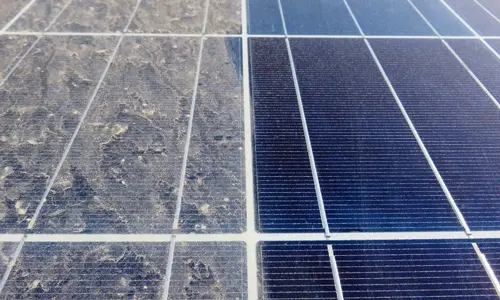
Solar Panel Maintenance
Maintaining solar panels does not take much effort, but it’s crucial for long-term efficiency and savings.
- Regular checks. Inspect them for dirt, debris, and damage, especially after severe weather.
- Clean your panels at least twice a year with water or hire a professional. In snowy or leafy areas, you may need to clean panels more frequently. Because dust, debris, snow, ice, and leaves reduce efficiency.
- Have a licensed electrician or a Clean Energy Council-accredited installer service your system every two years.
- Use mobile apps provided by some solar companies to track energy production in real-time and get alerts for any issues.
- Don’t try to fix any electrical components yourself. Always hire a professional for maintenance tasks beyond cleaning.
Regular maintenance ensures your warranty remains valid and can help with any future claims.
What is the Best Solar Panel Brand?
Choosing the right solar panel brand is crucial to ensure you get the most out of your investment in solar energy.
Trusted brands often provide higher efficiency, better durability, and more reliable warranties. This means your solar panels are more likely to last longer, perform better, and offer more savings over time.
For those interested in exploring which brands to consider, we have compiled a list of trusted solar panel manufacturers. This list is based on performance, reliability, and customer satisfaction.
To find the trusted brand for your needs, check out a dedicated page on our best solar panel brands.
Consulting with a reputable installer can also provide personalised recommendations based on your home’s unique requirements.
If you’re ready to take the next step, you can ask for solar panel quotes from CEC-accredited installers. They can ensure that your solar power system meets your expectations and energy needs.
Reviewed by

Tom Ransome
Co-Founder of Renewables4U and renewable energy advocate. He has experience and extensive knowledge in the field, including a groundbreaking academic thesis and a significant role in Australia's solar industry since 2016. With a BA in Business Studies, focusing on finance and management, Tom merges business acumen with technical expertise to deliver economically and eco-friendly projects.

